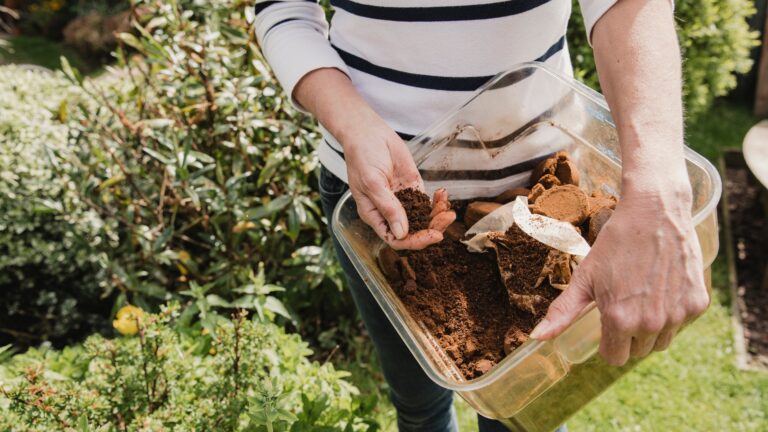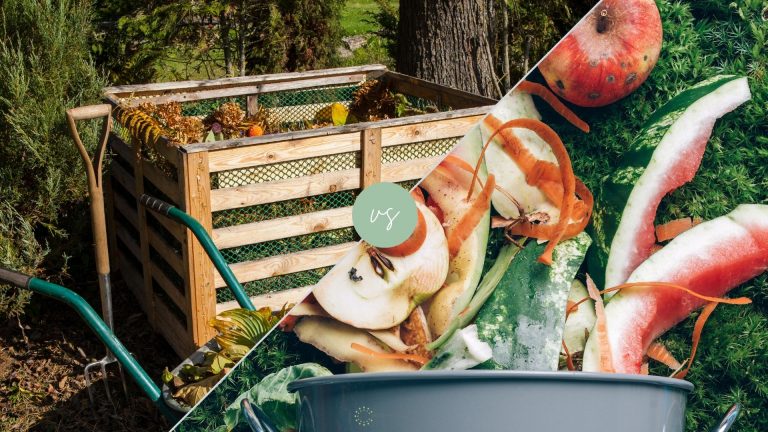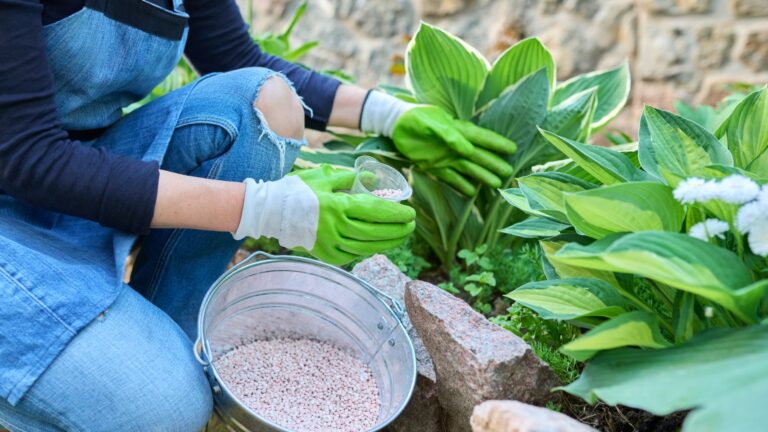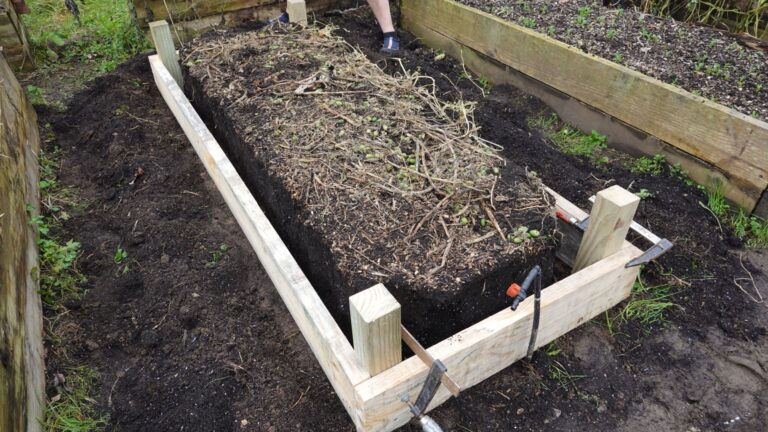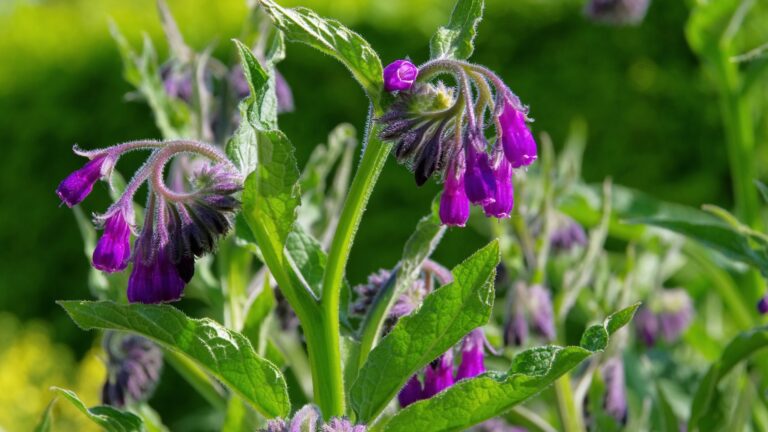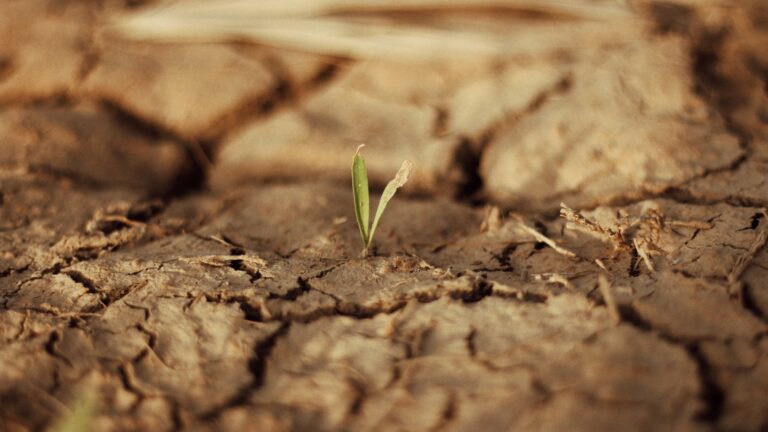Will Epsom Salt Really Be Able To Raise Soil Acidity In Georgia
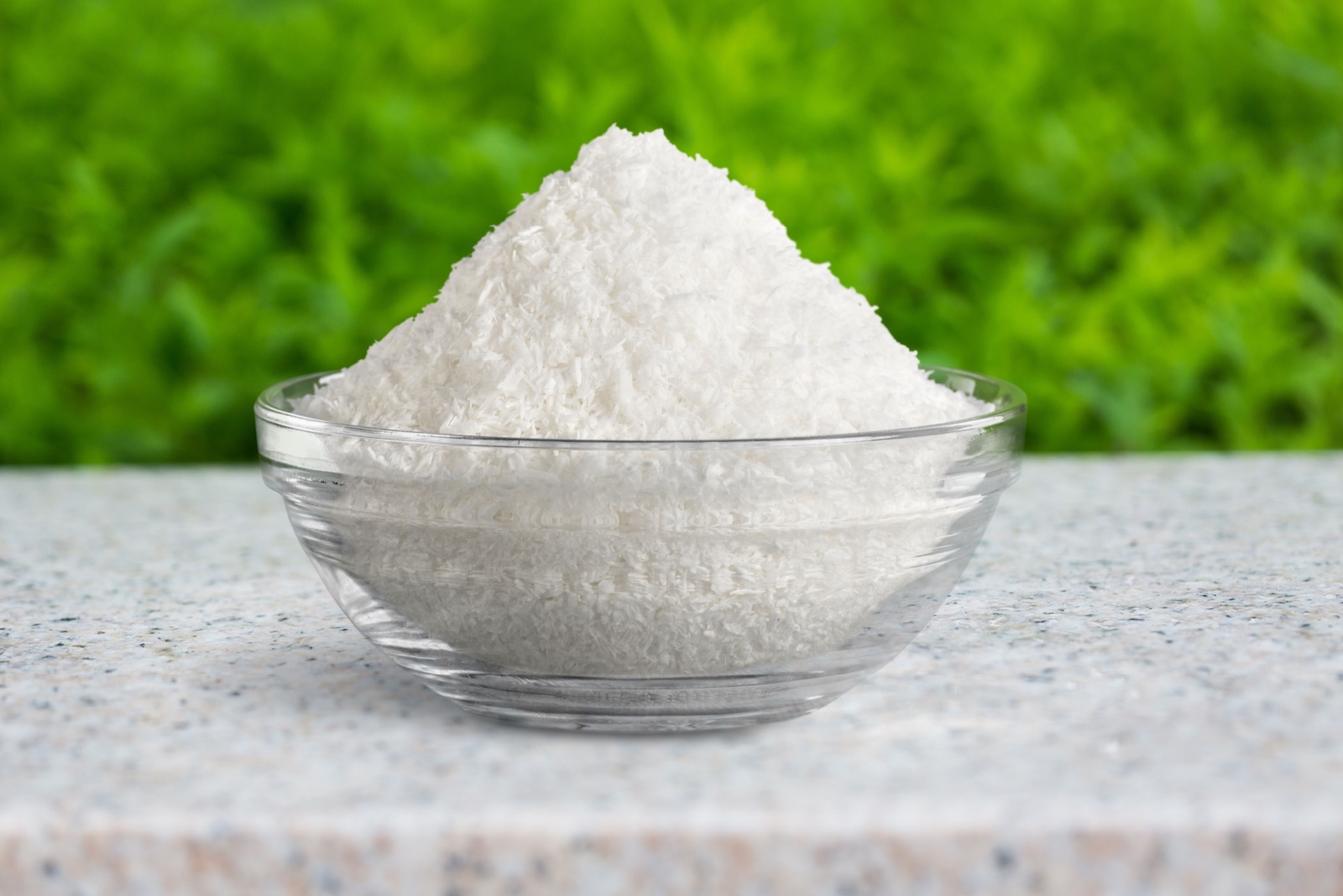
Georgia gardeners often hear that Epsom salt is a miracle fix—but does it really change soil pH? It’s a common belief, but the science tells a different story. Epsom salt adds magnesium and sulfate, which can help certain plants—but it doesn’t make soil more acidic.
If you’re trying to adjust pH, you’ll need a different approach. I’ve seen folks spend time and money chasing results that Epsom salt just can’t deliver. Understanding how soil acidity works helps you choose the right tools for your garden’s needs.
1. Epsom Salt Does Not Lower PH Levels
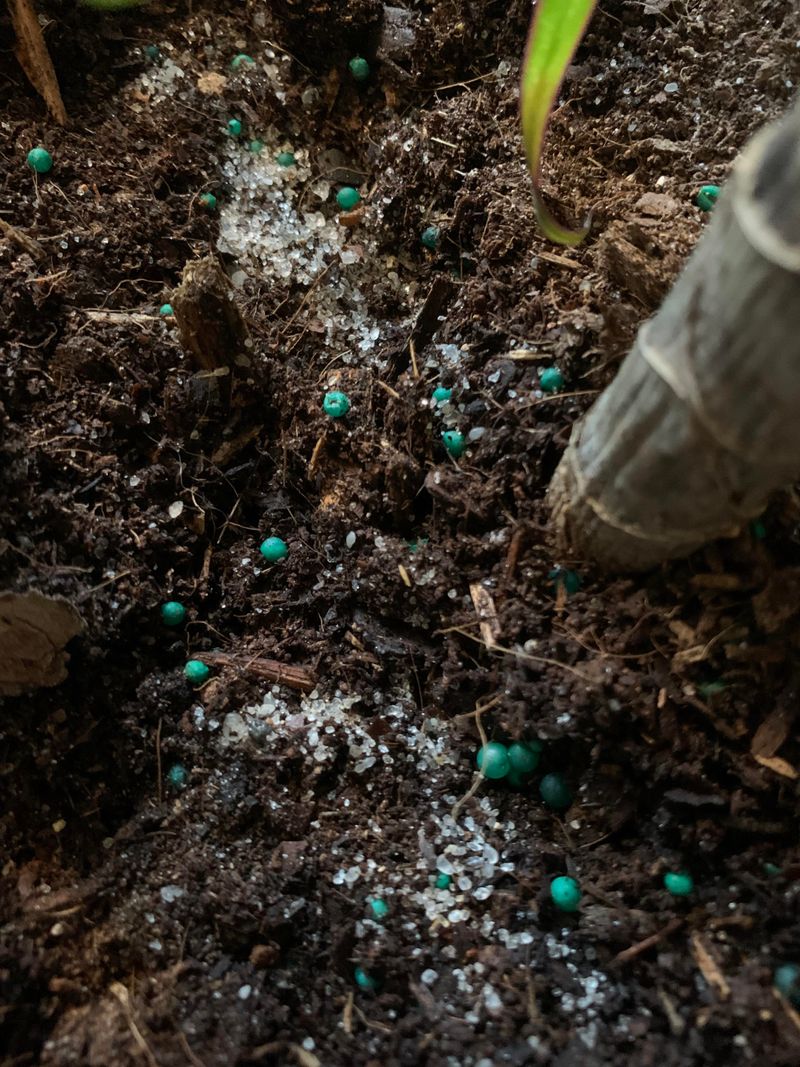
Contrary to popular belief, Epsom salt actually cannot make your soil more acidic. Magnesium sulfate, the chemical name for Epsom salt, is a neutral salt that dissolves in water without changing pH levels significantly.
When you add it to Georgia soil, it provides magnesium and sulfur nutrients but leaves the acidity unchanged. Many gardeners mistakenly think sulfur in the name means acidification, but that’s not how chemistry works here.
Your soil stays at whatever pH it started with after application.
2. Georgia Soil Tends Toward Acidity Naturally
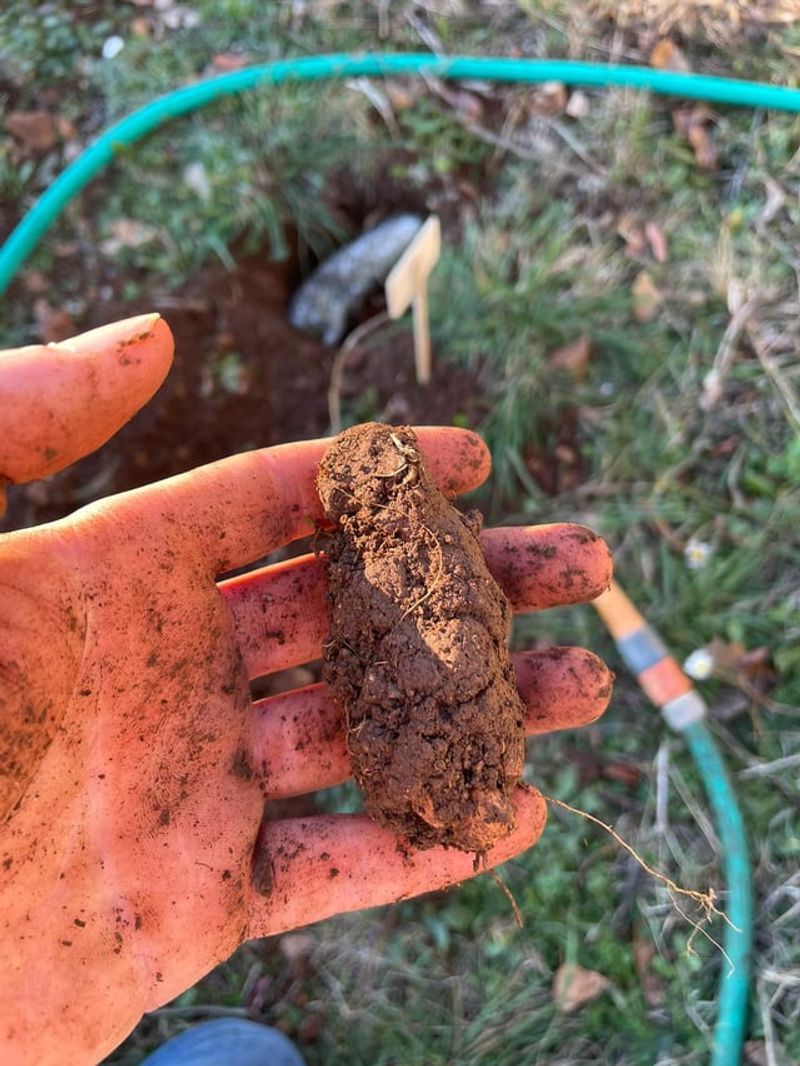
Most Georgia soils already lean acidic because of high rainfall and the natural breakdown of organic matter. The red clay common throughout the state typically measures between 5.5 and 6.5 on the pH scale.
Pine needles and decaying leaves contribute to this natural acidity over time. Gardeners here rarely need to increase acidity since nature does the work already.
Testing your soil first helps you understand what adjustments, if any, are actually necessary for healthy plant growth.
3. Sulfur Products Actually Lower Soil PH

If you genuinely need to increase soil acidity in Georgia, elemental sulfur works much better than Epsom salt. Soil bacteria convert sulfur into sulfuric acid over several months, gradually lowering the pH.
Aluminum sulfate acts faster but requires careful application to avoid harming plants. Garden centers throughout Georgia stock these products specifically for acidifying soil.
Application rates depend on your current pH and desired target, so always follow package directions carefully for best results.
4. Magnesium Deficiency Looks Like Other Problems
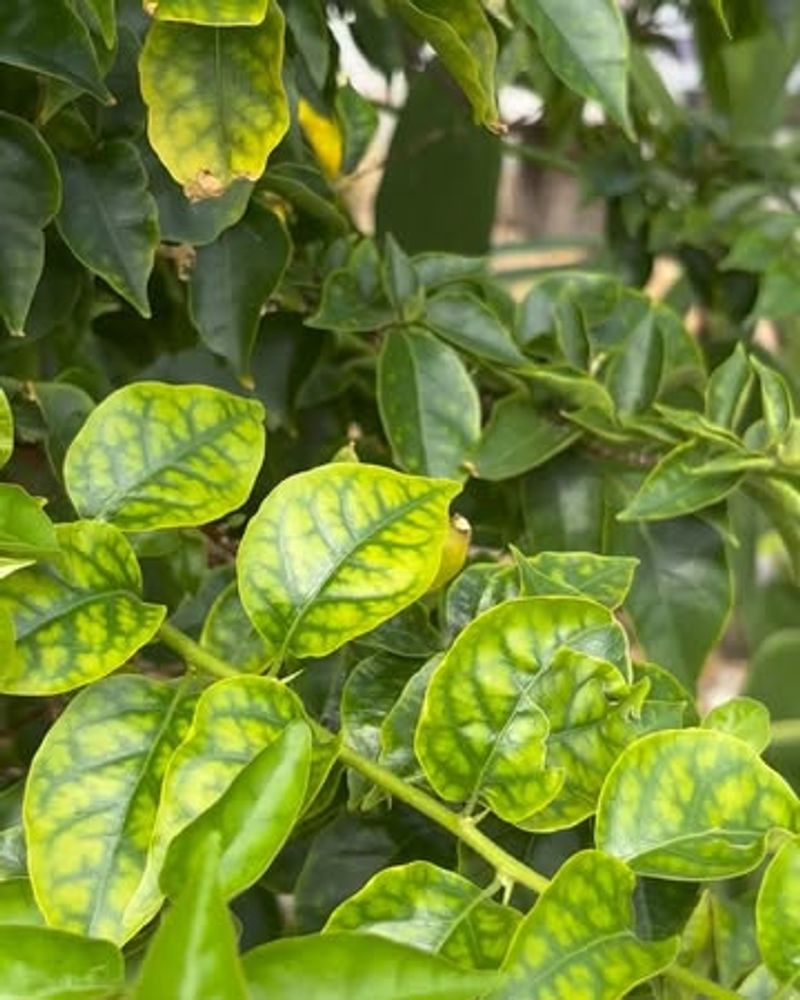
Sometimes gardeners add Epsom salt thinking they need more acidity when plants actually lack magnesium. Yellowing between leaf veins while the veins stay green signals this nutrient shortage.
Tomatoes, peppers, and roses commonly show these symptoms in Georgia gardens. Epsom salt effectively treats magnesium deficiency without changing your soil’s pH at all.
A soil test reveals whether magnesium is truly the problem before you spend money on unnecessary amendments.
5. Blueberries Need Special Acidic Conditions
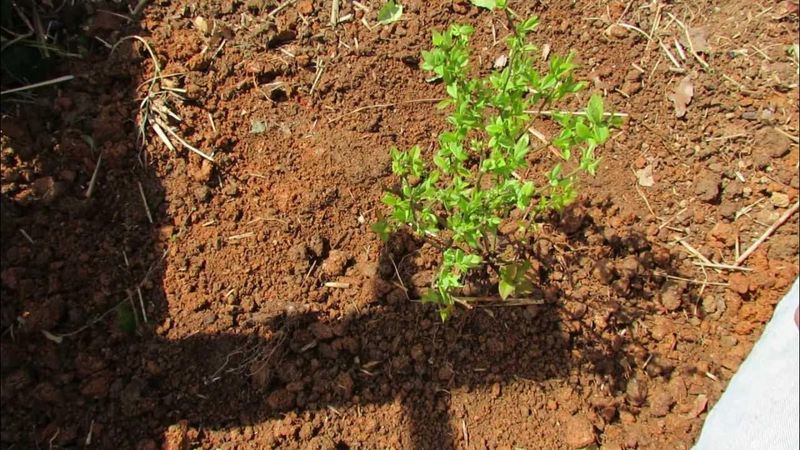
Blueberries thrive in Georgia but demand very acidic soil between 4.5 and 5.5 pH. Epsom salt won’t create these conditions even though it contains sulfur in its chemical structure.
Rabbiteye varieties adapted to the South still need proper soil preparation with sulfur and acidic mulches. Pine bark, pine needles, and peat moss help maintain the low pH blueberries crave.
Adding Epsom salt provides magnesium but leaves the critical pH adjustment to other amendments.
6. Coffee Grounds Work Differently Than Expected
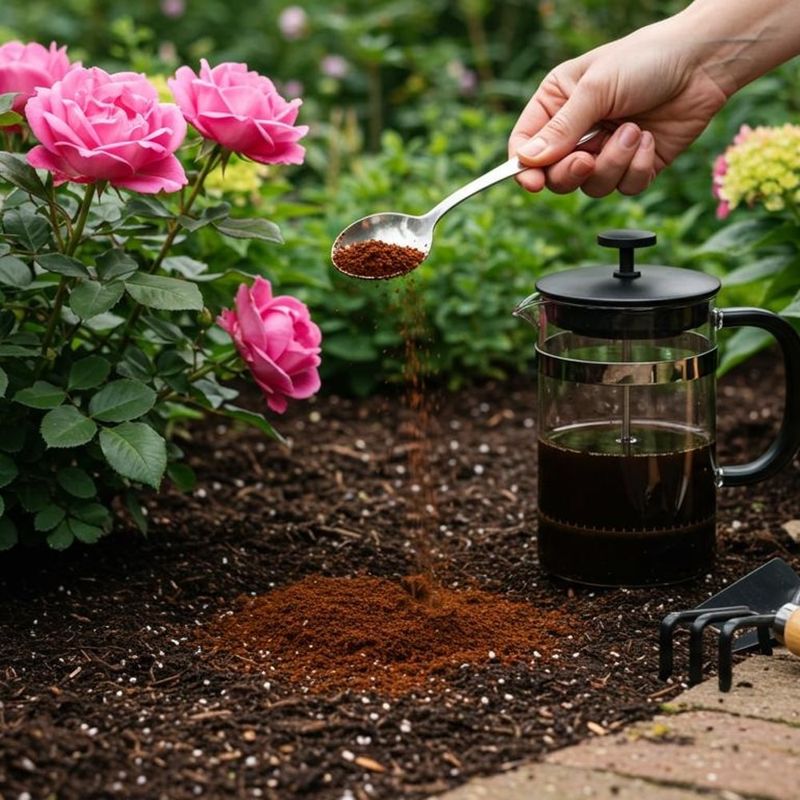
Many Georgia gardeners save coffee grounds thinking they’ll acidify soil, but fresh grounds are actually close to neutral pH. As grounds decompose in compost, they become slightly acidic but the effect is minimal.
Coffee grounds do improve soil structure and add nitrogen, making them valuable for other reasons. Using them as mulch around acid-loving plants provides some benefit over time.
However, relying on coffee grounds alone won’t significantly change your soil’s acidity levels.
7. Soil Testing Prevents Expensive Mistakes

Before adding anything to your Georgia garden, get a soil test from your local extension office. Tests cost around ten dollars and reveal your exact pH plus nutrient levels.
You’ll discover whether acidity is actually your problem or if something else needs attention. Many gardeners waste money fixing issues that don’t exist while ignoring real deficiencies.
Extension agents provide specific recommendations based on your results and the plants you want to grow successfully.
8. Organic Matter Gradually Influences PH
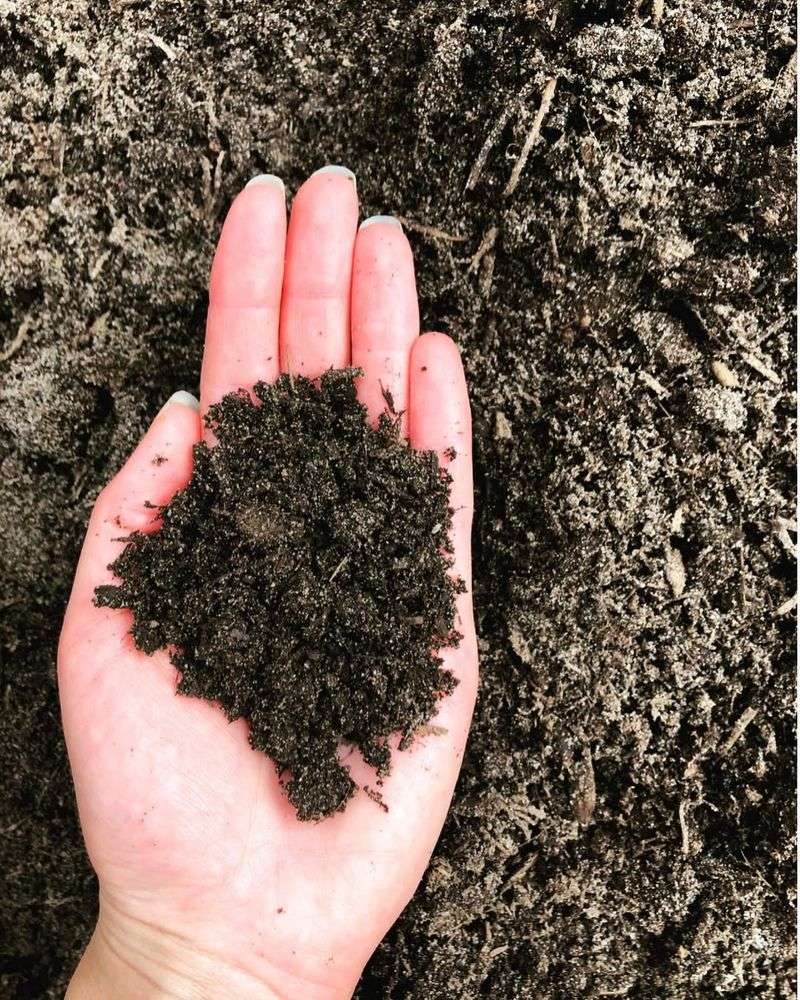
Adding compost, aged manure, and leaf mold to Georgia soil creates long-term benefits beyond simple pH changes. Organic matter buffers soil, making it more stable and resistant to extreme acidity or alkalinity.
Decomposition slowly releases acids that can lower pH over months and years. Well-composted materials also improve drainage in heavy clay and water retention in sandy areas.
Regular organic additions create healthier soil that supports strong plant growth regardless of minor pH fluctuations.

